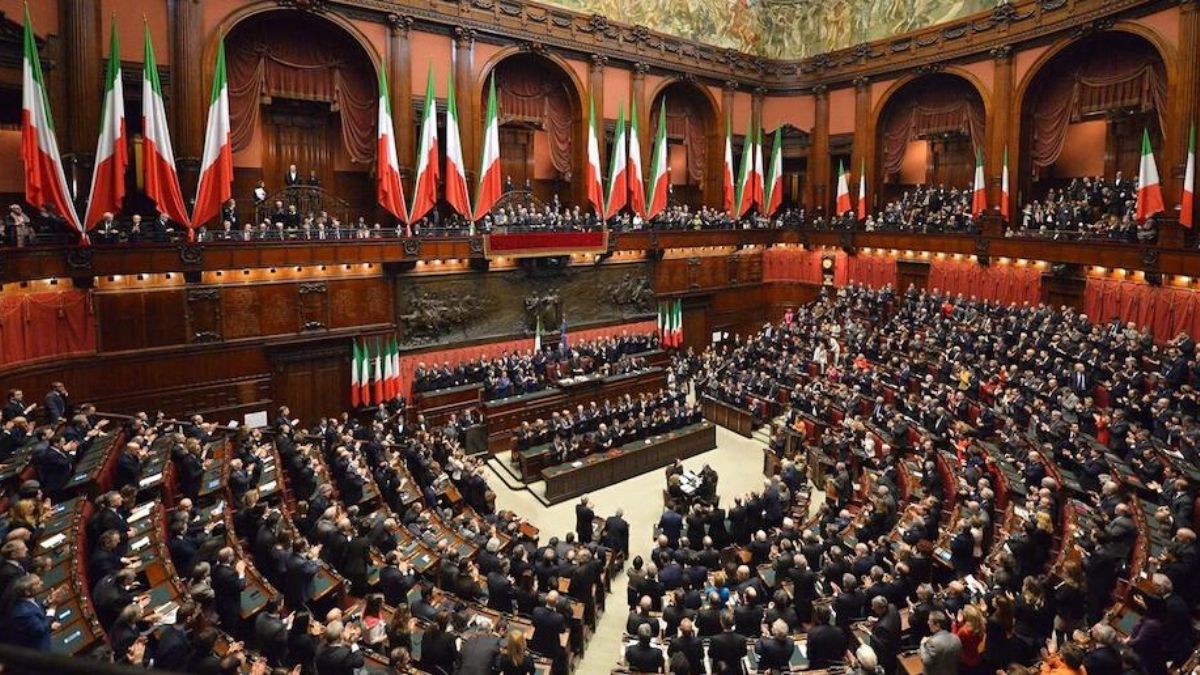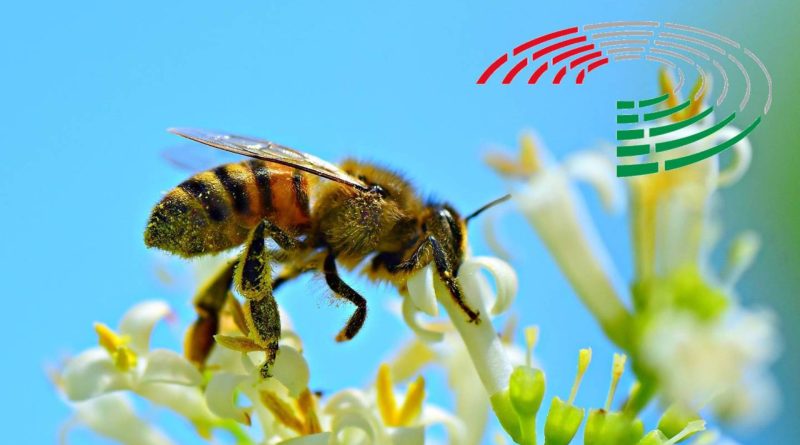The Environmental Review of the Italian Constitution
The Environmental Review of the Italian Constitution
Since 1948 the Constitution has been amended several times with constitutional laws, approved according to the rules established by article 138 of the same.
In detail, the Italian parliament has approved, since 1963, 16 laws of constitutional revision.
These revisions are addressed, more than anything else, to sectors of functioning of the State and the Regions, of local autonomies, pardon and amnesty, elimination of the death penalty, budget, electorate, reduction of parliamentarians, etc.
A constitution that has been reinvigorated by new indications, often suffered, but also by countless proposals that have never seen the light of day.
The recent constitutional amendment, on the other hand, introduces innovative elements, in some ways epochal, and which must in any case be assimilated by the world of politics and, above all, by that of the economy.
In fact, Articles 9 and 41 of the Constitution have changed, concerning the environment and businesses.
The new text of Article 9 of the Constitution reads:
– “The Republic promotes the development of culture and scientific and technical research. It protects the landscape and the historical and artistic heritage of the nation. It protects the environment, biodiversity and ecosystems, also in the interest of future generations. ”
The one concerning article 41 instead says that:
– Private economic initiative is free. It cannot take place in conflict with social utility or in a way that could damage safety, freedom, human dignity, health, the environment. The law determines the appropriate programs and controls so that public and private economic activity can be directed and coordinated for social and environmental purposes “.
What does it mean in detail?
In the case of the amendment of Article 9, environmental issues are one of the fundamental principles of the Republic. This is a step that is as necessary as it is oriented by a European Union, with which we are often not perfectly in line, and which opens up to a new ecological awareness of politics and of the way to target its directions. Speaking of the EU, think about the fact that, for example, Italy holds the sad record of infringement procedures and violations of European directives on the environment and climate laws.
With reference to the modification of article 41, however, it is sanctioned that from now on economic activities must (and should not, as someone writes), in fact, be subordinated to the protection of the environment, which, in the current state of political and social culture nevertheless appears utopian.
It is certainly a remarkable step.
Until now, in fact, at the constitutional level, the only forms of environmental protection were linked to the concept of landscape, contained in art. 9, understood as a portion of the territory whose character derives from the action of natural and / or human factors and their interrelationships.

It was a remarkably anthropocentric approach which, with the recent reform, becomes essentially ecological and therefore holistic.
A particular reference should now be made to the protection of animals (think of insects, birds, fauna in general, massacred by herbicides and insecticides).
In this case, Italy is just the fifth country in the world to give an exclusive space to other forms of life in its fundamental principles.
Now we need to see how we will behave legally and legally to protect these forms of life (also trying to reset that subculture, scientifically without foundation, which claims that substances such as insecticides and herbicides, are useful for maintaining high agricultural production). We recall here that the yield of primary productions (as well as agricultural ones) is correlated (law of negentropy of thermodynamics and dissipative systems) to the biodiversity index, for which more biodiverse systems (including flora and fauna) have yields higher (but the chemical industry doesn’t like this).
We need to see what will happen now with oil concessions, on the use of fossil fuels and on those policies never actually implemented to reduce the use of private means in favor of public ones.
Finally, we will wait to understand how to concretely pass from the linear to the circular economy model; what solutions will be adopted and in what times will they be implemented.
In short, there is a lot of work (and perhaps little time) but, above all, a new vision is needed. What matters, however, is that, finally, Italy aligns itself with most of the European nations, effectively becoming the 22nd EU member state to have included one or more references to the environment in its Constitutional Charter.
Someone can say that now the ball, as they say, goes to politics and instead it should be emphasized that this passes into the hands of all Italians. To a whole people who, in words, are ecologist and environmentalist but in fact lead lifestyles very often too far from this condition.
We must understand that politics, even if it has the arduous task of being an example and guide of a nation, is also the daughter of a fabric without which it becomes only demagogy and propaganda.
Society must become the humus of a new awareness and responsibility, acquiring the awareness that the Constitution does not belong to the world of politics but is everyone’s heritage as is the DNA for every cell we are made of.
At the basis of all this there is therefore the need to understand how, concretely, we must take decisive steps, in every little behavior, in this direction. How to connect even in small communities of discussion, of comparison, of taking concrete decisions. We must network, without waiting for only the Politics to find the solutions. There is no worse attitude.
If the mass rises we will have good politicians, otherwise it will be the usual outpouring of everyone against everyone to ensure that things remain as they are and that the solution is dangerously postponed.
Guido Bissanti

